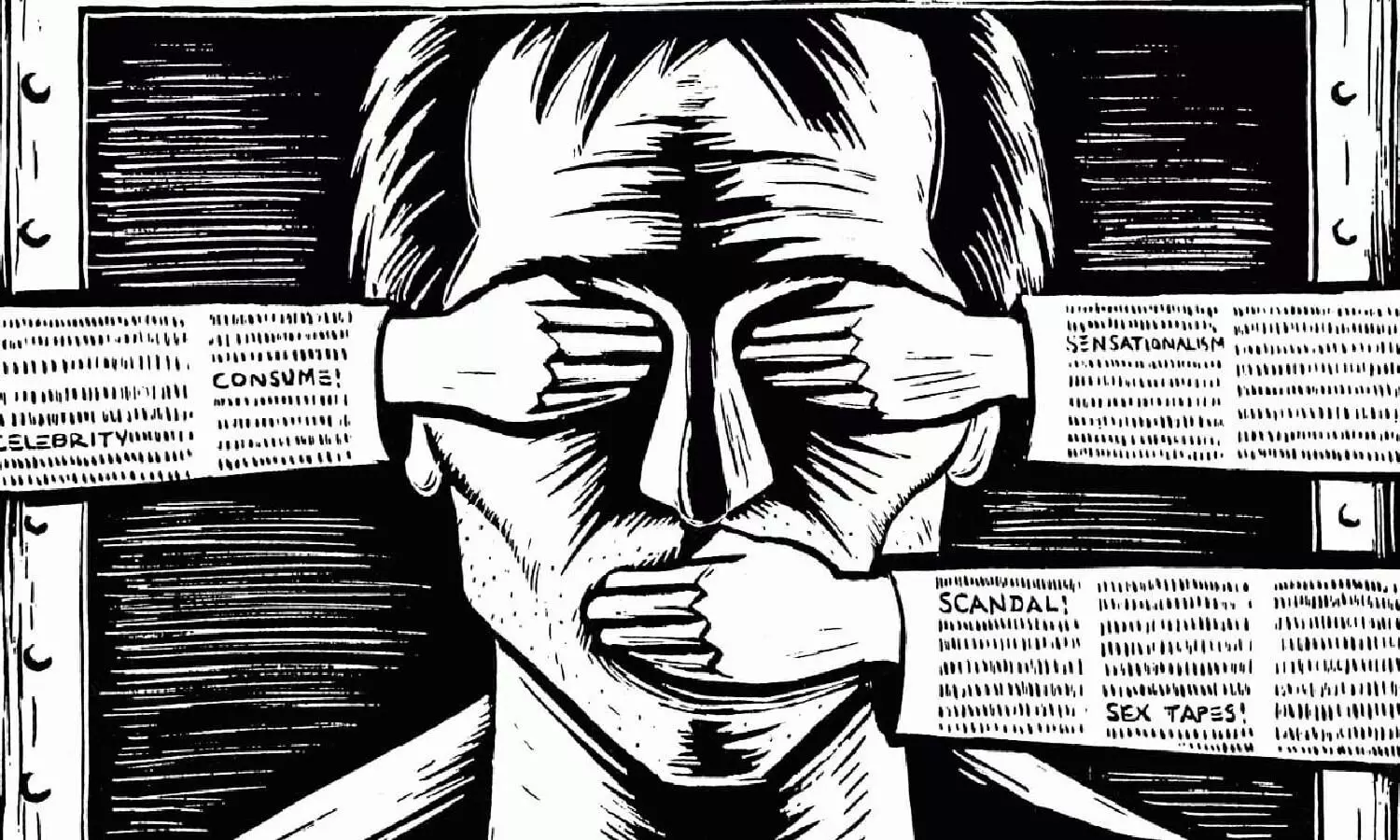Stop registering cases under sedition law till re-examination is complete, SC says centre, states
The draconian law has been used by successive governments and there are around 800 cases of sedition filed across India.
By Newsmeter Network
New Delhi: The Supreme Court on Wednesday asked the centre and states not to register cases under Section 124A till the centre completes re-examination of the provisions of sedition law. "All pending cases, appeals, and proceedings with respect to charges framed for sedition should be kept in abeyance. If any fresh cases are filed. Concerned parties may approach Court and request to expeditiously dispose of the same," the top court said.
Further, the Chief Justice of India (CJI) N V Ramana said, "It will be appropriate not to use this provision of law till further re-examination is over. We hope and expect that center and state will desist from registering any FIRs under 124A or initiate proceedings under the same till re-examination is over."
A Supreme Court bench comprising CJI, Justice Surya Kant, and Justice Hima Kohli was hearing the pleas challenging the Section 124 A of IPC which criminalizes sedition on Wednesday. On Tuesday, the bench had asked the centre why can't it issue directions to states to not register sedition cases till the review of Section 124A is complete. Earlier on Monday, the centre had filed an affidavit with the SC saying that it has decided to review Section 124A of IPC.
Solicitor general Tushar Mehta appeared for the centre whereas senior counsel Kapil Sibal and senior advocate Gopal Sankaranarayana appeared for the petitioners challenging the sedition law.
Section 124A was drafted in 1870 by Thomas Macaulay. According to this provision of IPC, "Whoever, by words, either spoken or written, or by signs, or by visible representation, or otherwise, brings or attempts to bring into hatred or contempt, or excites or attempts to excite disaffection towards, the government established by law in India, shall be punished with imprisonment which may extend to three years, to which a fine may be added; or, with fine."
The controversial provision was brought in India during colonial rule when the British faced a lot of criticisms and challenges from the people. The draconian law has been used by successive governments and there are around 800 cases of sedition filed across India. Senior Counsel Kapil Sibal said that as many as 13,000 people are in jail.